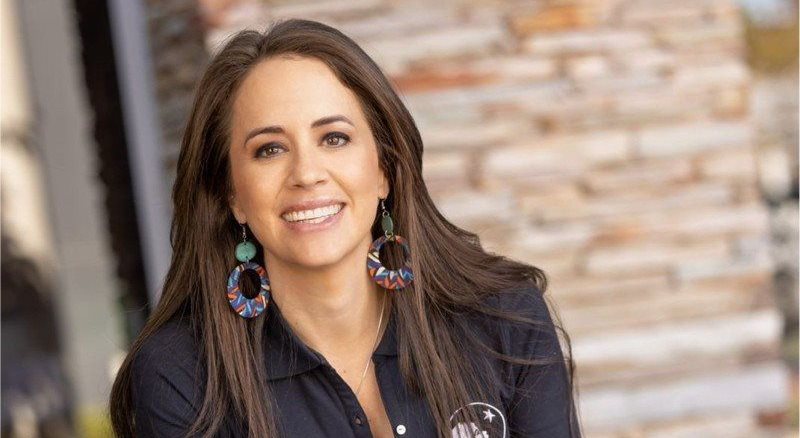Marketing & Media trends
Industry trends
BizTrends Sponsors
Trending
#BizTrends2024: FMCGs to prioritise packaging in 2024 or run the risk of losing customers

As the world continues to demand more sustainable solutions from the food industry as a whole, here are some of the differentiating trends to consider:
Sustainability and environmentally friendly packaging
Sustainable packaging isn’t just a trend, it’s an opportunity for differentiation and a necessity to future proof businesses.
According to a global survey by McKinsey, consumers across the socio-economic sphere are becoming increasingly concerned about the environmental impact of product packaging and the attraction to purchase from brands with sustainable packaging options will continue to grow.
Certainly, as consumers become more informed about climate change, and the role packaging plays in exacerbating these effects, they will want to align with brands and products who are taking steps to mitigate the impact on the environment end-to-end.
Functionality and design
Consumers are drawn to convenience, aesthetics and functionality when it comes to packaging. Packaging still needs to serve the needs of the consumer, and living in an era of instant gratification combined with the fast-paced life we are experiencing; consumers will always consider ease of use and design appeal.
Brands therefore have to consider functionality and design ahead of creative. Is the packaging easy to open and use? If a customer is on the go, portion consideration is key and, of course, the nutritional information needs to be clear and easily understandable.
These are just a few considerations when to comes packaging design vs aesthetics.
Recyclability
The third point also pertains to the sustainability lens. Businesses that use plastic for packaging food have a responsibility to embrace sustainable solutions, promoting the transition to circular and low-carbon packaging systems that recover as much packaging as they introduce to the market.
In an effort to be a responsible corporate citizen, Danone is determined to play a role in overcoming systemic barriers and accelerate progress towards a circular, low-carbon economy of packaging. In 2022, Danone joined the Business Coalition for a Global Plastics Treaty. This new coalition lead by WWF endorses a common vision to end plastic pollution. In order to make a meaningful and lasting impact, FMCGs and retailers need to collectively assume responsibility and act.
Recycling resources
In addition to the recyclability of product packaging, corporates need to be responsible for the recyclability of resources as well. Take water for example. While not traditionally associated with packaging, it is a fundamental resource in the process and is essential to all life on the planet.
Including essential practices like grey water projects and regenerative agriculture means that companies are becoming more and more conscious of their impact across the value chain and are also able to make mitigating.
It is this shift in mindset and a focus on driving a circular economy within the packaging industry that will truly drive sustainability.
There is no doubt that brands that focus on developing ethical and sustainable packaging that not only benefit the bottom-line, but speak to the needs of the changing consumer preferences and that protect or support the environment will be the ones that shape the industry going forward.
By embracing sustainable practices from farm to spoon, not only do we preserve and renew our planet’s resources but also strengthen our bond with our consumers and add to a prosperous future for the food industry.











